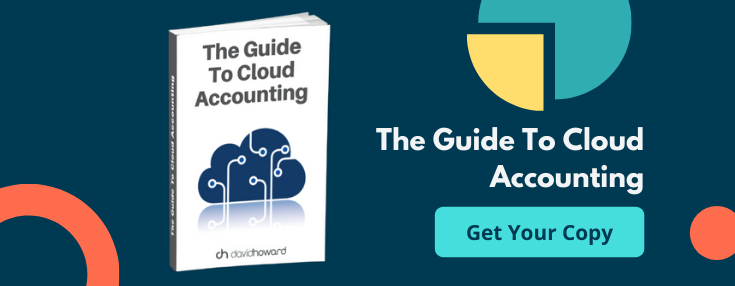Trusts: set up and tax responsibilities

A trust is a legal arrangement whereby assets are managed by one person for the benefit of another.
The trustee is responsible for managing the assets in the interest of the chosen beneficiary.
There are many reasons why a trust might be a good option for you. The person you want to give the assets to might be too young to effectively manage them, you want to protect family assets or want to pass them on when you die.
We go over the process, the different types available and the tax responsibilities involved.
Setting up a trust
A trust is made up of 3 distinct roles:
- settlor – owner of the assets that put them into a trust
- trustee – those appointed by the settlor to manage assets and transfer them to the beneficiary
- beneficiary – the individual that benefit from the trust.
A trustee can be a family member, professional or close friend who can manage assets for you.
Types available
There are different types of trusts available, including: including:
Bare trusts
Assets are held by the trustee until the beneficiary is old enough (18 or over in England and Wales, 16 or over in Scotland) to claim all of the capital and income of the trust.
Interest in possession trusts
This trust will pass income earned from trust assets to the beneficiaries. However, the beneficiary will not have automatic access to the assets when they reach adult age.
Discretionary trusts
This particular trust allows the trustee to use and manage the trust income or capital. They can decide on what gets passed on, which beneficiary gets the asset and any conditions to impose.
Tax responsibilities
Once you have chosen your trustee, they will be responsible for reporting and paying tax.
Tax may include chargeable gains (capital gains tax) or inheritance tax.
If you have more than 1 trustee, you can nominate one of them to be the ‘acting trustee’ to manage taxes.
All trusts must be registered with HMRC by the 5 October of the tax year after initial set up, or when they begin to make income or chargeable gains.
Income or gains in a trust will then need to be reported under self-assessment after the end of each tax year. This can be done on paper by 31 October or online by 31 January.
Rules and rates
A summary of the tax rules and rates relating to trusts can be found on HMRC's website.
Contact us
If you have any further questions in regards to trusts, contact us today by completing the form on our website.
Alternatively you can call us on 020 8977 0905 (Hampton Wick Office) or 01932 855644 (Weybridge Office) to speak to an adviser.
Posts by Topic
- Accounting Services (58)
- Tax Services (57)
- Tax (50)
- Smart Accounting Services (34)
- Tax Return (29)
- Corporation Tax (26)
- COVID-19 (24)
- sme accounting (24)
- Clients (19)
- Switching Accountants (16)
- VAT (15)
- Making Tax Digital (13)
- News (13)
- Xero (13)
- Dividend Tax (12)
- bookkeeping (12)
- Payroll (10)
- Cloud Software (9)
- Capital Gains Tax (6)
- Inheritance Tax (3)
- Savings (3)
- Benefits In Kind (Employee Benefits) (2)
- Case Studies (2)
- Stamp Duty (2)
- Trust (2)
- Trust Account (2)
- GDPR (1)
- Insider (1)
- Lifetime ISA (1)
- Retirement Savings (1)
- Wear & Tear Allowance (1)
